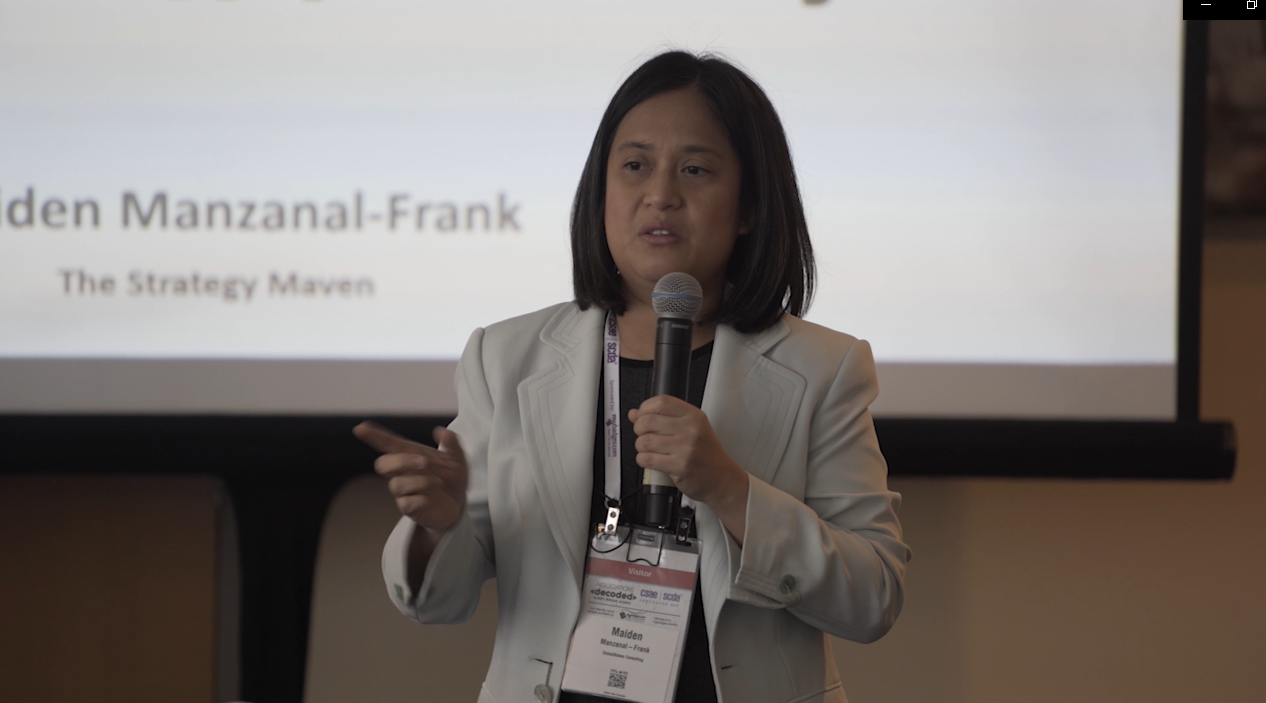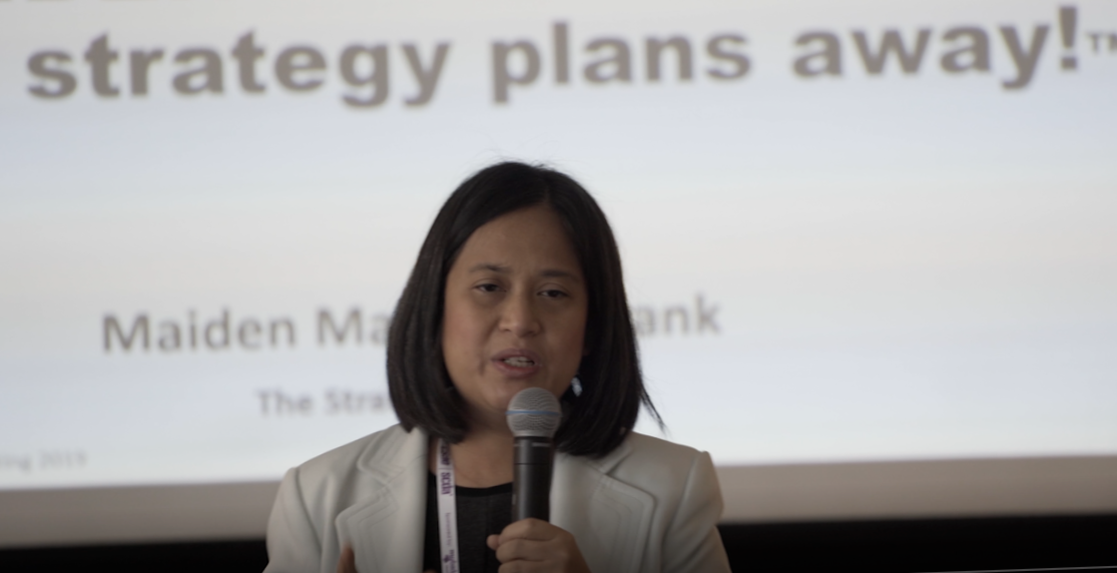Archives
July 2024
Categories
All
|
Back to Blog
AN IRATE CUSTOMER6/10/2024 Honestly, I was one of those irate customers you see often that are ready to explode. I purchased a basic plan for app to a Gmail functionality. I started using it as soon as possible. I just couldn't see why it didn't work or failed to work. My work and goal for that week was wrecked. The technology that would have helped me be more productive turned out to be a false promise. I tried emailing them but no response for a few days, until I hit the 'refund' email. This particular email was very angry and it shouldn't been that way if the service provider was prompt enough to respond to emails of 'help/assistance/clarifications." Nada. So what can an ordinary customer do if they can't call the office of this company, no response whatsoever after a few emails, and nothing seemed to work. Refund. Lo and behold, they don't offer a refund for a basic plan. Well, if their customer service is flawless and on the mark, that should not have been the case. I bet my hundred Canadian dollars that customers wouldn't be thinking of refund if the service was top-notch, the customer assistance was there every step of the way, and they make it everything easy since it's an SAAP (software as a product) by the way. Customer service is a given. If you're company's not interested in customer service, don't try to create products or services. No matter how great these are, they're worthless if you can't really help a customer navigate the intricacies of the product/service it bought from you and have an overall pleasant experience. There are other competition out there who would be happy to take on new customers for their products and deliver great value at a fraction of a cost. The last thing the customer would like to receive is: Sorry, we don't refund this purchase plan. That to me is pure and simple theft. Who can't be irate with that?
0 Comments
Read More
Back to Blog
MADNESS4/29/2024 What's happening in US campus colleges these days is total madness. I understand the emotionality that comes with seeing the suffering of the Palestinians in Gaza every day. But I don't understand the violence and resorting to intimidation, threats, and criminal behavior associated with these protests. They demanded so the whole world had to stop and revise their ways. What on earth is this? This shows that the higher education institutions are steeped in the mediocre ideology but not really teaching anything to these young adults that will make them thrive in the workplace of the future and prepare them for life as good citizens of their countries. I am appalled at the reticence and lack of moral resolve by college administrations to address these issues, allowing it to fester and escalate to criminal behavior which would then entail a different public order approach. With all the monies for tents, teargas, and plywood purchased by these protesters, these could have been aids that could go directly to the citizens of Gaza. They need action than political statements and posturing. I am never a fan of protest movements. It had done nothing to resolve intractable societal issues and those past Occupy, BLM movements did not achieve any substantial policy and political reforms than to sow divisions and polarizations that political parties and professional agitators take advantage of. Protesting for a certain cause or concern and raising that to authorities that could address these issues are all part of a democratic exercise. However, if you are protesting the Hamas-Israel War to your municipal and county councils, this is like barking on the wrong side of the tree. Just google the lady who threatened a council and was put in jail. Despite this, I still believe in peaceful dialogue and debates that are meant to freely discuss these issues without recriminations on those parties who want to do this. Sadly, those in democratic countries take this for granted and exploit it for their own agenda. In totalitarian societies, freedom of speech and assembly is often prohibited and those who attempt to do that will meet draconian punishments or even death. Just remember that for a second.
Back to Blog
DISCO DUCK4/19/2024 My husband hated drivers who disco-ducked into the gas station just to get ahead. If there's a vacant station, in front of another vehicle gassing up, the next one in the line will not wait but maneuver its way, however dangerous, to the vacant station. Drivers these days risk banging other vehicles causing mayhem by not giving just a few minutes for both stations to be free. Looking at these maneuvers as a spectator could cause a senior person to have a heart attack. The utter disregard for civility and respect is just out of this world. Civility and decency, folks are surely becoming rarified virtues these days. It's not that you will actually be ahead of others, you just want to prove the point that you're too busy (or important) to be waiting for your turn, properly. This is played out, unfortunately, in larger arenas of life, career, and business. People wanted to be ahead without putting the work and energy into it. People want to dismantle the systems so that they will feel truly uplifted and made equal with the rest. That folks, is the recipe for anarchy, disorder, through revolution without a just cause. I was the real Diversity worker from 2010-2015. I was in the trenches working with diverse elements of my community to bring harmony and connections among these groups. At that time, people scorned the idea that diversity could be a staple form of service under human resources. The words 'Diversity and Inclusion' weren't sexy enough to harbor more visible support than an implicit understanding that this practice helps the bottom lines. Nowadays, DEI experts mushroomed in matters of two to three years. The battle cry is to topple anyone or any symbol that goes against the current standards of morality and ethics. This is like saying, "We know what happened in the past, thus we declare you all guilty of being complicit to the reason our current lives are miserable." On their moral high-horse, this is an emblematic of a generation who are fed by social media thinkers and intellectuals, who don't know any better. I'm very sad that DEI has become a billion-dollar industry run by revolutionaries who bought houses and expensive cars, and hired their relatives when they received vast sums of corporate money. I lament how this had turned out and the miseries of people of color, immigrants, and those living in marginalized conditions continue, unaddressed. I suspect that this hijacking of this practice is all about wanting to get ahead of the line, getting power (and all that comes with it), and believing in their hearts of hearts that they can get away with it. That they truly deserve to be elevated. My husband hated disco ducks. I don't blame him at all. PS. Disco Duck is a popular song in the 70s with a catchy tune and comical lyrics. Google it out! |
 RSS Feed
RSS Feed


